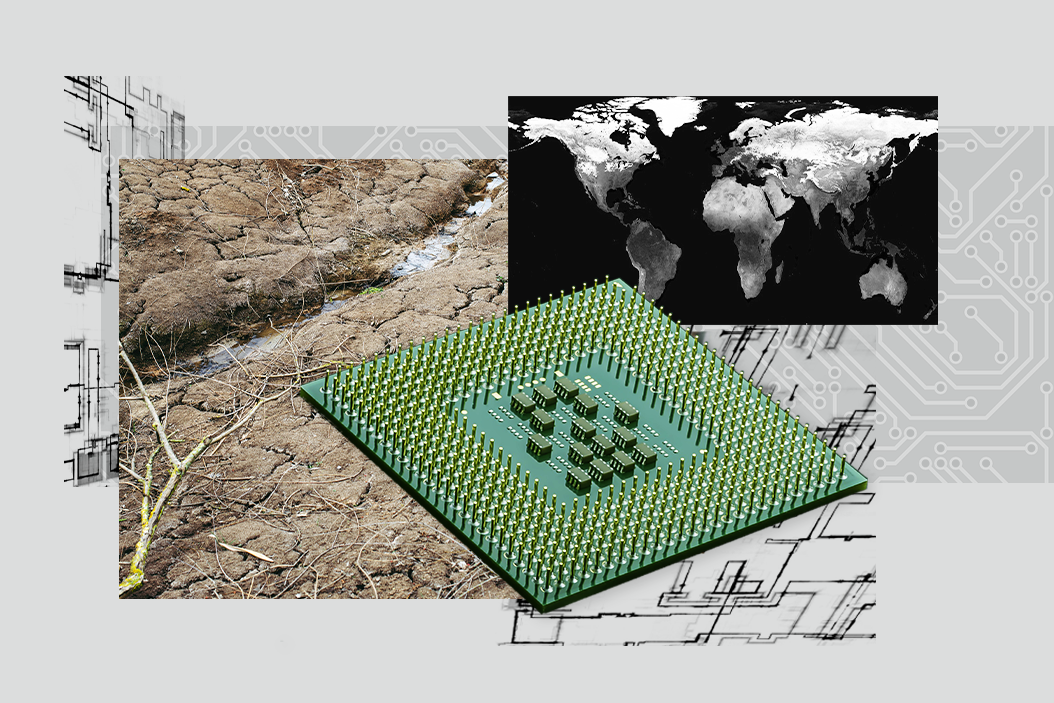Hard Numbers: US low on chips, Egypt buys US arms, snow in Athens, Mexican remittances
5: US manufacturers now have on average less than five days' worth of semiconductor supplies, down from 40 days before the pandemic. There's growing pressure for America to produce more chips as a global shortage drags on.
2.5 billion: The Biden administration has approved the sale of $2.5 billion worth of US-made arms to Egypt, despite some opposition in Congress. A few Democratic senators wanted the Egyptians to meet certain conditions on human rights in order to get American weapons.
3.1: Parts of Greece and Turkey have been blanketed by a rare snowstorm, leaving thousands of people stuck in traffic for hours and forced to evacuate. Usually balmy Athens received 3.1 inches of snow on Monday, almost three times its annual average, while flights at Istanbul's airport have been suspended for two days. The storm is now heading to Israel.
50 billion: Remittances sent home by Mexican migrants in 2021 are expected to exceed $50 billion for the first time, in part due to pandemic stimulus money from the US. Mexico receives about 6 percent of global remittance payments, behind only India and China.